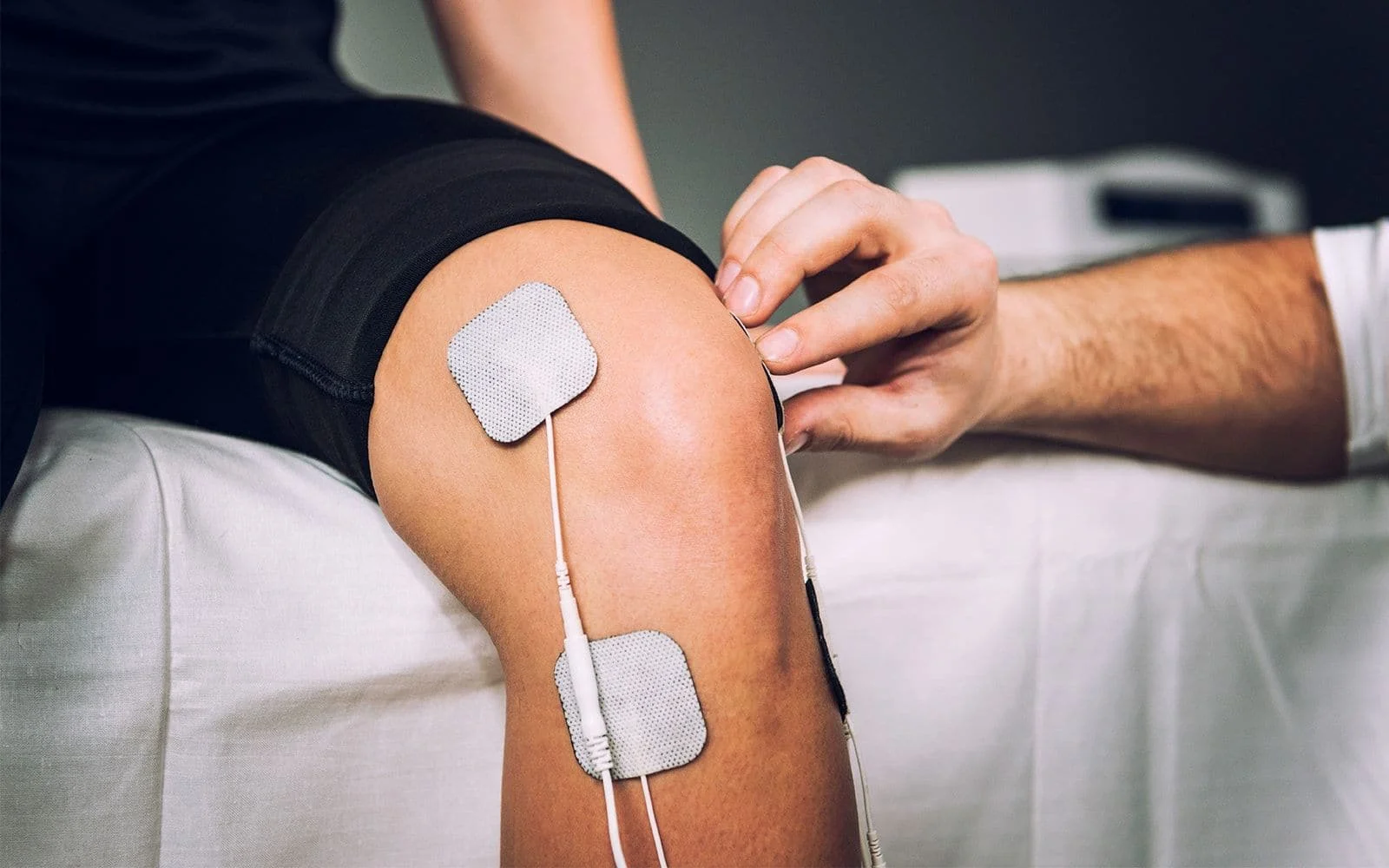Many people experience radiating pain as a component of neck pain or low back pain. A person with neck pain might have pain that radiates down her arm, possibly into the hand.1 A person with low back pain might have accompanying leg pain, possibly traveling into the foot. Such arm/hand pain or leg/foot pain can represent a serious underlying health problem. However, not all types of radiating pain are of equal importance. The key is to be able to identify which patterns require prompt attention and which merely appear to be significant but are not.
Authentic radiating pain is most often caused by pressure and/or irritation of a spinal nerve root.2 The spinal nerve becomes inflamed and sends pain signals to the brain that are interpreted as pain in the region of the body supplied by that nerve. Inflammation of a certain spinal nerve in the neck region will result in the experience of pain down the outside of the arm and forearm and into the thumb and possibly index finger. Inflammation of a certain spinal nerve in the low back causes the person to feel pain traveling along the back of the thigh and calf and into the fifth toe.
Specific patterns of radiating pain are associated with inflammation of specific spinal nerves. Such inflammation may be typically caused by pressure from a herniated intervertebral disc. Other disorders which may create local space-occupying pressure need to be considered as well. A thorough history and physical examination will help to identify the cause of the problem. X-ray studies may be needed, as well as an MRI scan. The underlying problem, including the pattern of pain radiation, may be termed a radiculopathy or radiculitis.
But most cases of what appears to be radiating pain are not, in fact, related to pressure on a spinal nerve. Most patterns of radiating pain are not associated with a radiculopathy or radiculitis. Rather, the large majority of pain patterns involving the arm/hand or leg/foot are caused by normal, everyday aches and pains. Our run-of-the-mill physical problems involve relatively large muscles such as the trapezius (overlying the upper back, shoulder, and mid back) and relatively small muscles such as those that overlay the spinal bones themselves and help move the spinal column. Ligaments that hold bones together and tendons that attach muscles to bones may also be involved in these everyday ailments.
Irritation and inflammation of muscles, ligaments, and tendons may cause more difficulty than mere soreness and tightness. Such inflammation may also cause radiating pain, but in broader, more diffuse patterns than those caused by inflammation of a nerve root. A person might experience neck pain with arm and hand pain, or back pain with leg and foot pain, but in a broad pattern not associated with a spinal nerve. This is actually good news for the patient, as such forms of radiating pain (known as scleratogenous patterns), are usually more easily treated than those associated with a radiculopathy or radiculitis.
The bottom line is that your chiropractor is experienced in the diagnosis and care of such problems. Your chiropractor will be able to determine if your radiating pain is associated with muscles, ligaments, and tendons or if it is related to pressure on a spinal nerve.3 Your chiropractor will make specific recommendations for care of your specific health problem and help guide you in the process of returning to good health.
1Caridi JM, et al: Cervical radiculopathy: a review. HSS J 7(3):265-272, 2011
2Magrinelli F, et al: Neuropathic pain: diagnosis and treatment. Pract Neurol 2013 Apr 16 [Epub ahead of print]
3Mena J, Sherman AL: Imaging in radiculopathy. Phys Med Rehabil Clin North Am 22(1):42-57, 2011

